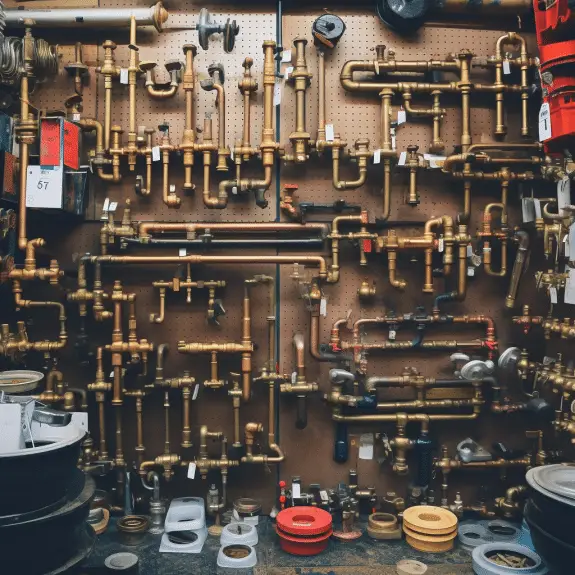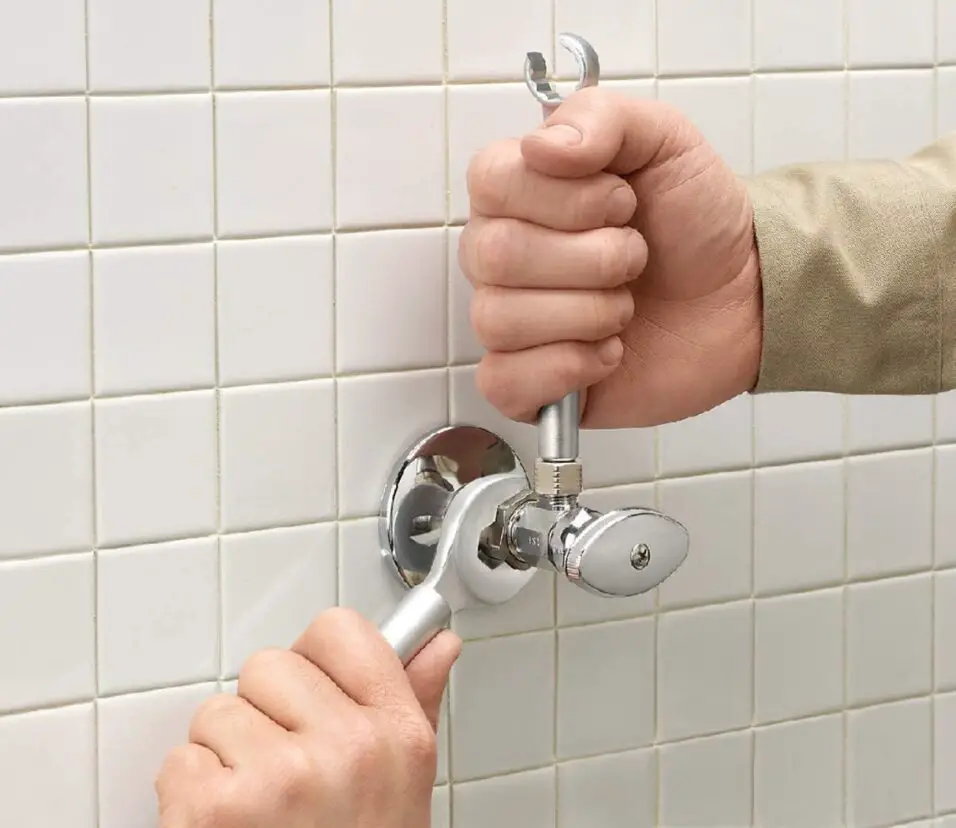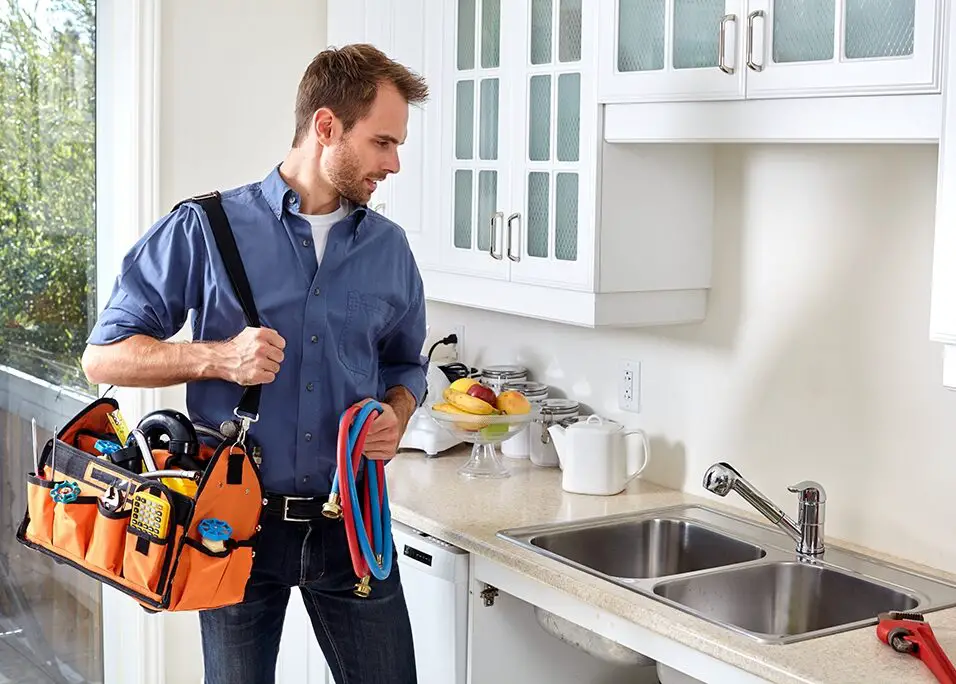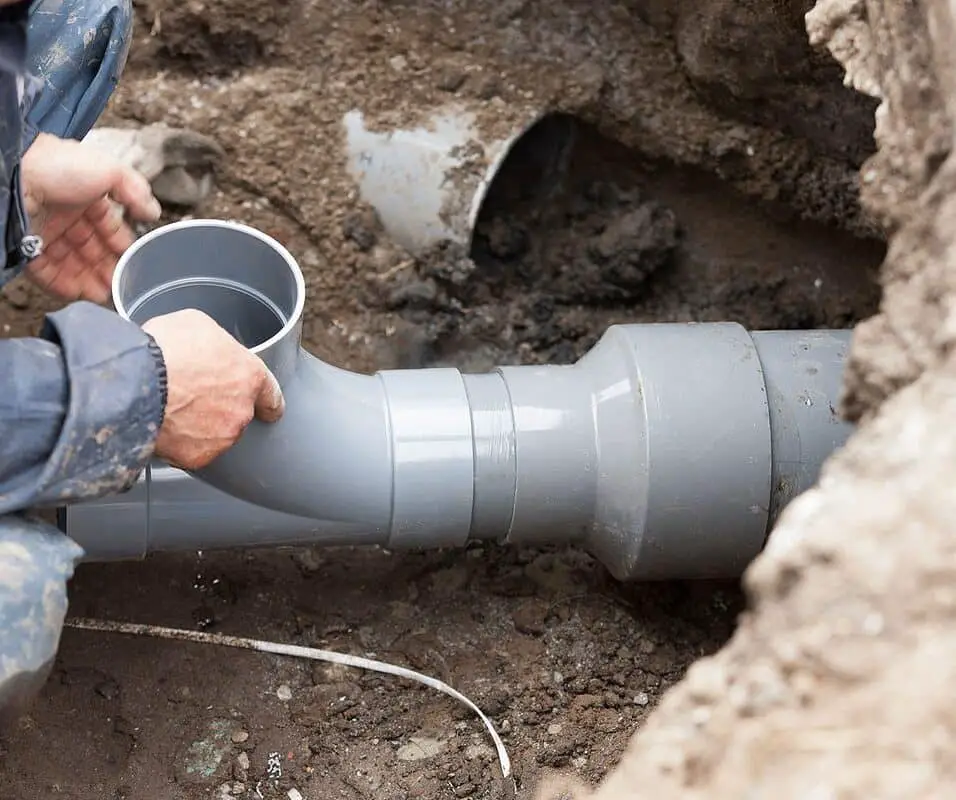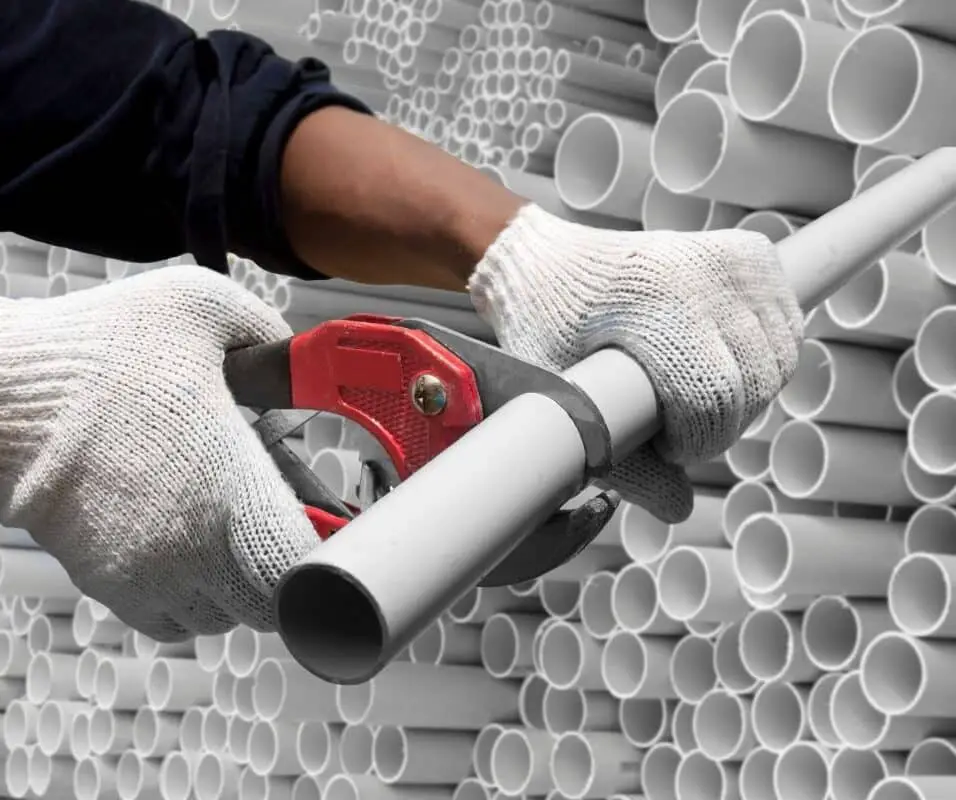How Much Does Plumbing Make A Year
Introduction
Plumbing is an essential trade that plays a vital role in maintaining the functionality and safety of residential, commercial, and industrial buildings. Skilled plumbers are responsible for installing, repairing, and maintaining plumbing systems, ensuring the proper flow of water, drainage, and gas within a structure. Alongside the technical expertise required, many individuals are drawn to plumbing due to its potential for financial stability and growth.
The income of a plumber can vary based on several factors, including experience, location, specialization, and work environment. In general, indoor plumbing offers a promising earning potential due to the ongoing demand for qualified professionals in the field. According to recent data and industry reports, the average annual income for plumbers in the United States ranges from $40,000 to $90,000, depending on various factors.
As the need for plumbing services persists, professionals with advanced skills and certifications often command higher salaries. Plumbers who operate their own businesses or work in specialized areas such as industrial plumbing, pipefitting, or construction management may earn even more. Additionally, geographical location can significantly impact earnings, with urban areas or regions experiencing high growth offering more opportunities for higher income.

What Is The Highest Certification For A Plumber?
The master plumber is the highest level of plumbing. A journeyman plumber needs to take additional online courses before taking the test. Both journeyman and master plumbers work in residential settings, power plants, factories, and water treatment facilities.
Plumbers must pass hard exams, train extensively, and gain practical experience to become Master Plumbers.
Plumbers in different countries or states have different Master Plumber certification criteria. It usually entails a multi-year apprenticeship that combines on-the-job and classroom training. Plumbers learn pipefitting, plumbing rules, safety, installation, and repair throughout this apprenticeship.
After the apprenticeship, plumbers must usually work as journeymen for several years before applying for Master Plumber certification. They must also pass a comprehensive exam on advanced plumbing topics, system design, and problem-solving.
Who Needs Professional Certification For Plumbing Services?
Is certification required to become a plumber? Being a plumber is a professional trade that deals with installing and repairing pipes and fittings. You might work on lines that carry water or gas for heat or sanitation systems. Before working as a plumber, all states require plumber licensing or certification.
Professional certification for plumbing services is beneficial for various individuals and entities involved in the plumbing industry. Here are some of the key parties who may benefit from obtaining professional certification:
Plumbers: Plumbers themselves can greatly benefit from obtaining professional certification. Certification validates their skills, knowledge, and expertise, boosting their professional credibility and reputation. It also enhances their job prospects, enabling them to stand out in a competitive market. Certified plumbers often have access to better job opportunities, higher salaries, and the potential for career advancement.
Employers: Plumbing companies and employers in the construction industry benefit from hiring certified plumbers. Certified plumbers demonstrate a higher level of competence and professionalism, reducing the risk of errors and improving the overall quality of work. Hiring certified plumbers also enhances a company’s reputation and can attract more clients who value the expertise and credentials of their workforce.
Clients and Consumers: Homeowners, businesses, and individuals seeking plumbing services can benefit from hiring certified plumbers. Certification provides assurance that the plumber has the necessary skills and knowledge to perform the job competently and safely. Clients can have peace of mind knowing that the plumber is qualified to handle their plumbing needs, whether it’s repairs, installations, or maintenance.
How Long Does It Take To Get A Plumbing License In Ct?
The holder of this license may do all plumbing and piping work as defined in section 20-330 of the Connecticut General Statutes. The requirements to qualify for this license examination shall be two (2) years as an unlimited licensed journeyperson or equivalent experience and training.
The process of obtaining a plumbing license in Connecticut (CT) typically involves several steps and can take a significant amount of time. While I can provide general information based on common requirements, it’s important to note that specific timelines may vary depending on individual circumstances and factors such as education, experience, and the efficiency of the licensing board.
In CT, the path to obtaining a plumbing license generally involves the following steps:
Education and Training: Prospective plumbers typically complete a plumbing apprenticeship program or attend a vocational or trade school to acquire the necessary theoretical knowledge and practical skills. The duration of these programs can vary, ranging from several months to a few years.
Journeyman Plumber: After completing the required education and gaining practical experience as an apprentice, individuals must typically work as a journeyman plumber for a certain number of years. This duration can vary, but it’s common for it to be around 4-5 years.
License Application: Once the education and experience requirements are met, aspiring plumbers can apply for a plumbing license with the Connecticut Department of Consumer Protection. The application process may include submitting proof of education, experience, and passing a written examination.
How Do I Get A Plumbing License In Oregon?
Steps to Getting a Plumber’s License in Oregon
- Complete a board-approved plumbing apprenticeship program or attend classes and get verified work experience meeting all experience and classroom instruction requirements.
- Apply to take the licensing exam and pay the required fees.
- Pass the exam and obtain a license.
To obtain a plumbing license in Oregon, individuals must go through a specific process that involves meeting certain requirements and completing various steps. Here’s an overview of how to get a plumbing license in Oregon:
Education and Experience: The first step is to gain the necessary education and practical experience. Oregon requires applicants to have completed a plumbing apprenticeship program or an approved plumbing training course. The duration of the apprenticeship or training program varies but typically lasts around four to five years.
Examination: Once the education and experience requirements are met, individuals must pass the Oregon Plumbing Exam. This exam evaluates the applicant’s knowledge of plumbing codes, regulations, and industry practices. The exam is administered by the Oregon Health Licensing Office (HLRBO).
License Application: After successfully passing the examination, applicants can submit their license application to the HLRBO. The application includes providing proof of education, experience, and passing the exam. There may be additional requirements, such as submitting references or undergoing a background check.

How Do I Get A Plumbing License In Ny?
You must pass a written and practical exam in order to become a Master Plumber. You must complete the exam application (LIC41), check the box that indicates you are a Master Plumber candidate and submit the application with the $525.00 fee to the Department.
To obtain a plumbing license in New York, individuals must follow a specific process that involves meeting certain requirements and completing various steps. Here’s an overview of how to get a plumbing license in New York:
Education and Training: The first step is to complete the necessary education and training. In New York, aspiring plumbers are typically required to complete a plumbing apprenticeship program registered with the New York State Department of Labor. The apprenticeship program combines classroom instruction and on-the-job training, lasting around 4-5 years.
Journeyman Experience: After completing the apprenticeship program, individuals must work as a journeyman plumber for a certain period. The specific duration may vary, but it typically ranges from 2 to 4 years. During this time, plumbers gain practical experience in various aspects of the trade.
Examination: Once the education and journeyman experience requirements are met, individuals can apply to take the New York State Journeyman Plumbing Examination. This exam evaluates the applicant’s knowledge of plumbing codes, regulations, and industry practices. Passing the examination is a crucial step toward obtaining a plumbing license.
License Application: After successfully passing the examination, applicants can submit their license application to the New York City Department of Buildings or the appropriate local licensing authority. The application process usually includes providing proof of education, journeyman experience, and passing the exam. Background checks may also be conducted.
How Much Does A Plumber Make In A Year?
The annual income of a plumber can vary depending on several factors, such as experience, location, qualifications, and the type of plumbing work they specialize in.
Location, experience, speciality, and job status affect a plumber’s annual compensation. Plumbers make competitive wages on average. As of May 2020, plumbers, pipefitters, and steamfitters earned $56,330 on average, according to the BLS.
Plumber salaries vary widely. Expert plumbers, especially those with specialized talents or working in high-demand locations, may earn more than entry-level plumbers. Self-employed plumbers can determine their own prices and take on additional projects, which can boost their incomes.
Plumbers may also earn more in specific fields. Plumbers in natural gas distribution or employment services earn more than those in residential or non-residential building construction.
Can Plumbers Earn More Than The Average Salary?
Yes, experienced plumbers with specialized skills or those who run their own plumbing businesses have the potential to earn more than the average salary. By establishing a strong reputation, gaining certifications, and offering specialized services, plumbers can increase their earning potential.
Yes, plumbers have the potential to earn more than the average salary, especially as they gain experience, develop specialized skills, and establish themselves in the industry. While the average salary for plumbers provides a general benchmark, it’s important to note that individual earnings can vary significantly based on several factors.
Experience: Plumbers with more years of experience typically earn higher salaries. As they accumulate practical knowledge, refine their skills, and build a reputation in the industry, they become more valuable to employers or clients, which can translate into higher pay.
Specializations: Plumbers who specialize in niche areas such as gas fitting, pipe welding, or medical gas installation often command higher salaries due to their specialized expertise. These specialized skills are in demand and can lead to higher-paying job opportunities.
Location: The earning potential of plumbers can vary depending on the region or city in which they work. Areas with a higher cost of living or a strong demand for skilled tradespeople may offer higher wages to attract and retain talent.
Self-Employment: Plumbers who choose to be self-employed and run their own plumbing businesses have the potential to earn more. They can set their own rates, take on more projects, and retain a larger portion of their earnings. However, self-employed plumbers also bear the responsibility of managing their business expenses and marketing efforts.
Do Plumbers Receive Additional Benefits Besides Their Salary?
In addition to their salary, plumbers may receive additional benefits depending on their employment arrangement.
Yes, plumbers often receive additional benefits in addition to their salary. These benefits can vary depending on factors such as the employer, location, industry, and employment type (e.g., self-employed or working for a company). Here are some common additional benefits that plumbers may receive:
Health Insurance: Many plumbing companies provide health insurance coverage for their employees, including plumbers. This can include medical, dental, and vision insurance plans, helping to cover the cost of healthcare services and prescriptions.
Retirement Plans: Plumbers may have access to retirement plans, such as a 401(k) or pension plans, through their employer. These plans allow plumbers to save for their future and receive contributions or matching funds from their employer.
Paid Time Off: Plumbers may receive paid time off, including vacation days, holidays, and sick leave. This allows them to take time off work while still receiving their regular pay.
Training and Professional Development: Employers may invest in the ongoing training and professional development of their plumbers. This can include workshops, seminars, certifications, or courses to enhance their skills and keep them updated with the latest industry trends.
Bonuses and Incentives: Plumbers may be eligible for performance-based bonuses or incentives for meeting certain targets or completing projects successfully. These can provide additional financial rewards on top of their regular salary.
Tools and Equipment: Some employers may provide plumbers with the necessary tools and equipment for their work. This can include specialized plumbing tools, safety gear, and uniforms.
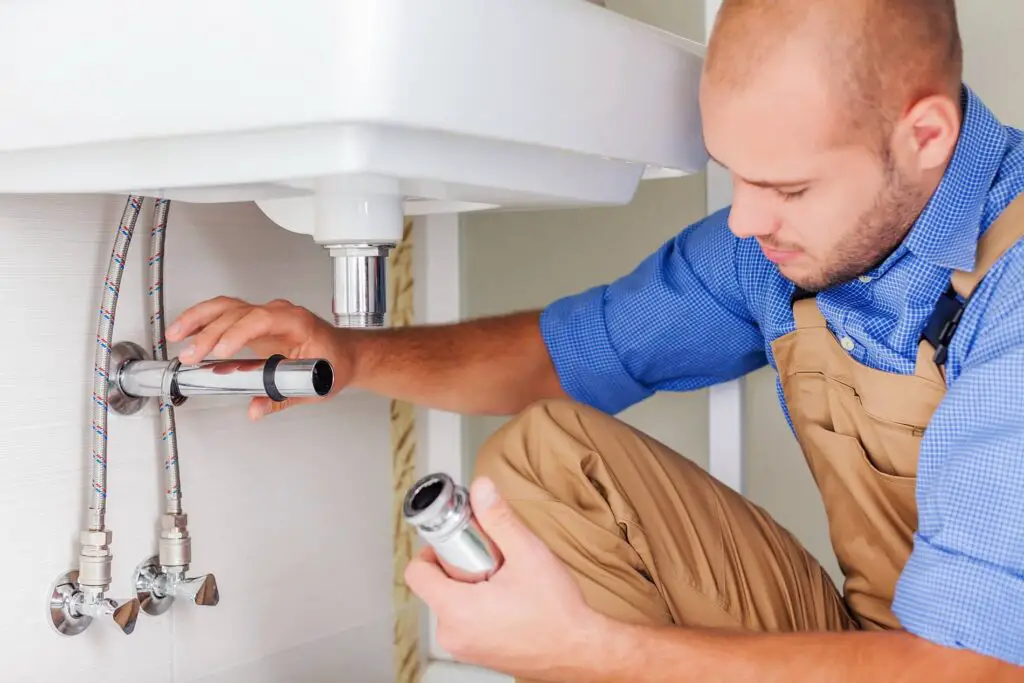
Conclusion
The income potential in the plumbing industry can be quite substantial, making it an attractive career choice for individuals seeking financial stability and growth. Plumbing can lead to a good wage, depending on experience, location, speciality, and work environment.
US plumbers earn $40,000–$90,000 on average. Advanced talents, certificates, and expertise may earn higher compensation. Self-employed plumbers and those in industrial plumbing or construction management often make more.
Geography also affects plumbers income. Urban areas with strong growth offer more jobs and greater pay. Aspiring plumbers must examine local market demand and economic factors to determine earnings.




